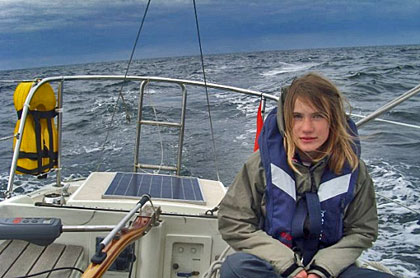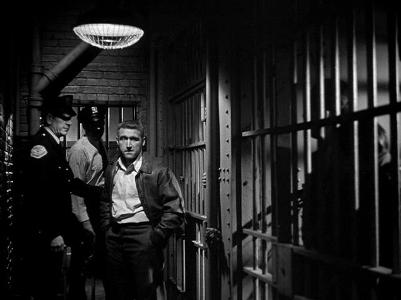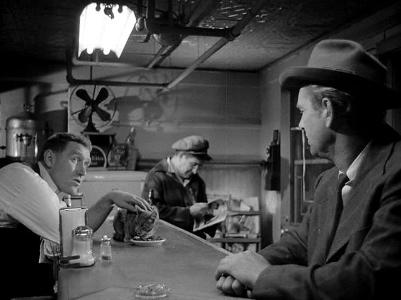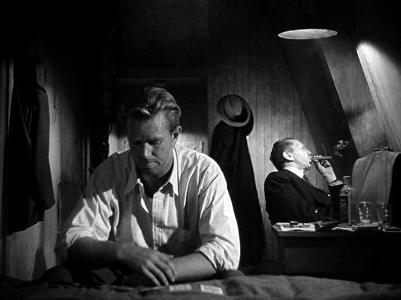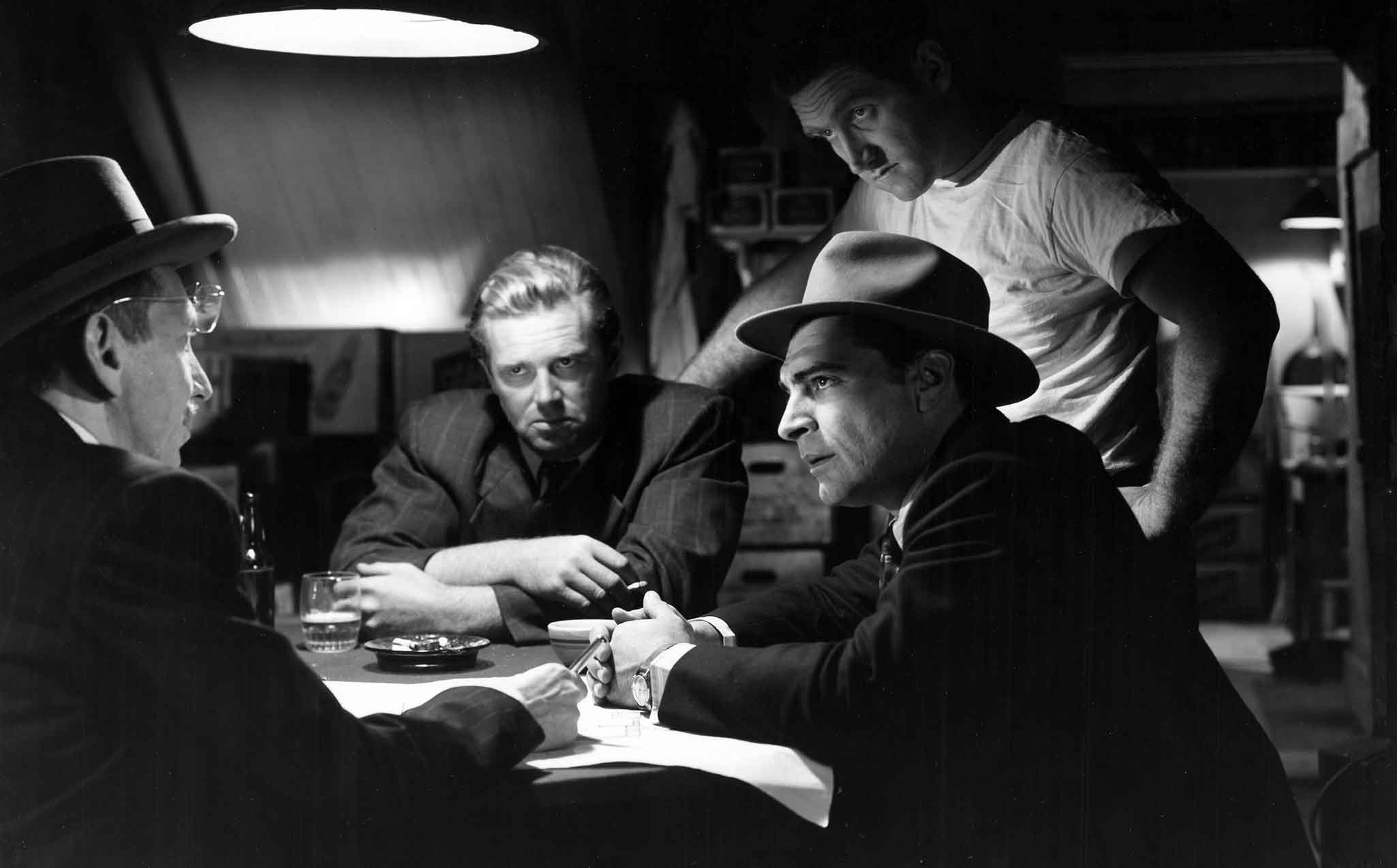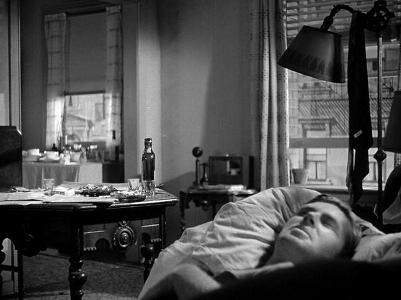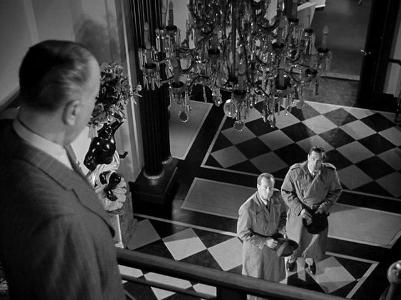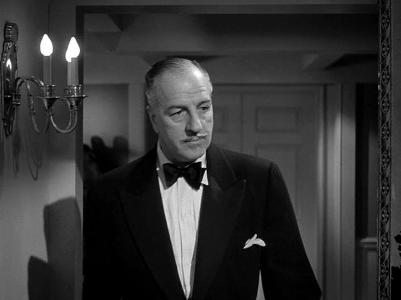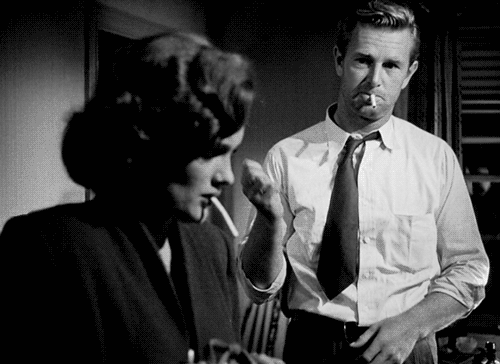Jevo
Registered User
- Oct 3, 2010
- 3,487
- 368
Hollywood Shuffle (1987) dir. Robert Townsend
Bobby Taylor (Robert Townsend) is a young black man aspiring to become an actor. He lives with his younger brother, mother and grandmother in a nice middle class home. He is neither very 'street' nor very 'jive'. he works at Winky Dinky Dog when he isn't going to auditions. He lands an audition for Jivetime Jimmy's Revenge, and impresses, it's his chance for a big break. Although he is not exactly the Eddie Murphy type the were looking for. His grandmother isn't impressed though, as she doesn't want to hear him talk jive, and thinks it's demeaning that he has to play a stereotype like that. This affects Bobby, and he starts to wonder if he should be taking this role after all.
Townsend wrote, directed and produced this film, as well as playing the lead character. Probably about the only way he could get a role that didn't involve him playing a black stereotype. At least there was no casting director asking him to "be more black" this time. Townsend's own experiences back when he was in Bobby Taylor's shoes is where much of the movie comes from. It's a tough world if you are a black actor. There's no roles unless you are Eddie Murphy, but he can't do all the movies, so for the rest they are just looking for Murphy clones. Murphy also picks up all the roles that are not complete stereotypes, so there's none of those left for the other aspiring black actors. So there's nothing left but roles filled with negative stereotypes, far removed from the life of most black people in America. But all Hollywood producers know about black people is that they talk funny and do a lot of crime, so they don't realise anything is strange about their movies. While Townsend throws plenty of shade at Hollywood as an institution. He doesn't hold back against black actors either. Bobby Taylor and his 'colleagues' are all falling head over heels at the prospect of playing a walking stereotype. Which leads to one of the best quotes of the film, "they'll never play the Rambos until they stop playing the Sambos".
Hollywood Shuffle is both clever and funny, and at just 80 minutes a short movie, but it doesn't need to be any longer. Townsend is a star of the movie in more ways than one, and he is by far the best actor in it, and he is the catalyst behind anything funny and interesting happening, not too surprisingly. The movie however is a bit uneven. Some skits go on for longer than they need to, and while they were funny to begin with, beating the same joke over and over again at some point ends up killing the joke a little. The movie also sometimes goes for the easy points, by pointing at stereotypes that were already decades old at the time of the movie. But even if the movie is uneven and have a few rough edges, I still think it's a good movie. It clearly has something at heart that it wants to say, it's funny, and it looks like the budget was at least 10 times what it actually was, and that in itself is quite an accomplishment.
I really liked the small 'dream sequences' or whatever you want to call them of Bobby's. One of them of course is a pretty obvious reference to Siskel and Ebert. I had to go and read Ebert's review of the movie, to see if he would mention it. Of course he did, but in a very Ebert like fashion. He mentions just enough that he knows, that you know what it is about, and then leaves it at that: "and even imagines a TV show in which two soul brothers are the feuding critics and give movies the finger as well as their thumbs."
Bobby Taylor (Robert Townsend) is a young black man aspiring to become an actor. He lives with his younger brother, mother and grandmother in a nice middle class home. He is neither very 'street' nor very 'jive'. he works at Winky Dinky Dog when he isn't going to auditions. He lands an audition for Jivetime Jimmy's Revenge, and impresses, it's his chance for a big break. Although he is not exactly the Eddie Murphy type the were looking for. His grandmother isn't impressed though, as she doesn't want to hear him talk jive, and thinks it's demeaning that he has to play a stereotype like that. This affects Bobby, and he starts to wonder if he should be taking this role after all.
Townsend wrote, directed and produced this film, as well as playing the lead character. Probably about the only way he could get a role that didn't involve him playing a black stereotype. At least there was no casting director asking him to "be more black" this time. Townsend's own experiences back when he was in Bobby Taylor's shoes is where much of the movie comes from. It's a tough world if you are a black actor. There's no roles unless you are Eddie Murphy, but he can't do all the movies, so for the rest they are just looking for Murphy clones. Murphy also picks up all the roles that are not complete stereotypes, so there's none of those left for the other aspiring black actors. So there's nothing left but roles filled with negative stereotypes, far removed from the life of most black people in America. But all Hollywood producers know about black people is that they talk funny and do a lot of crime, so they don't realise anything is strange about their movies. While Townsend throws plenty of shade at Hollywood as an institution. He doesn't hold back against black actors either. Bobby Taylor and his 'colleagues' are all falling head over heels at the prospect of playing a walking stereotype. Which leads to one of the best quotes of the film, "they'll never play the Rambos until they stop playing the Sambos".
Hollywood Shuffle is both clever and funny, and at just 80 minutes a short movie, but it doesn't need to be any longer. Townsend is a star of the movie in more ways than one, and he is by far the best actor in it, and he is the catalyst behind anything funny and interesting happening, not too surprisingly. The movie however is a bit uneven. Some skits go on for longer than they need to, and while they were funny to begin with, beating the same joke over and over again at some point ends up killing the joke a little. The movie also sometimes goes for the easy points, by pointing at stereotypes that were already decades old at the time of the movie. But even if the movie is uneven and have a few rough edges, I still think it's a good movie. It clearly has something at heart that it wants to say, it's funny, and it looks like the budget was at least 10 times what it actually was, and that in itself is quite an accomplishment.
I really liked the small 'dream sequences' or whatever you want to call them of Bobby's. One of them of course is a pretty obvious reference to Siskel and Ebert. I had to go and read Ebert's review of the movie, to see if he would mention it. Of course he did, but in a very Ebert like fashion. He mentions just enough that he knows, that you know what it is about, and then leaves it at that: "and even imagines a TV show in which two soul brothers are the feuding critics and give movies the finger as well as their thumbs."



